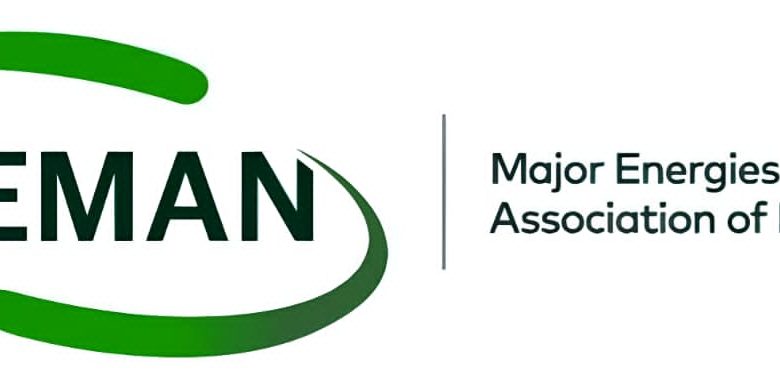
Fred Shaka-Braimah
The Major Energies Marketers Association of Nigeria (MEMAN) says the transition to electric vehicles represents a key strategy for reducing emissions and promoting sustainable energy use, both globally and locally.
The Managing Director of SAGLEV, Dr. Sam Faleye, who stated this at the MEMAN quarterly press briefing in Lagos, said Electric vehicles offered numerous advantages, making them pivotal to the transition towards a greener future.
“Global shift towards electric vehicles (EVs) is gaining momentum as countries push for cleaner energy and reduced emissions to combat climate change. This transition aligns with global commitments such as the United Nations’ Sustainable Development Goals (SDGs) and the Paris Accord”, he said.
He pointed out that as extreme weather events become more frequent due to rising global temperatures, the need to adopt sustainable transportation solutions becomes imperative
Faleye further explained that EVs reduce greenhouse gas emissions, improve air quality, and contribute to energy security.
“The bottom line is, it is very obvious that, and very clear, that our climate is warming rapidly and a lot of weather related incidents are happening. So there should be no doubt in anybody’s mind that we need to reduce climate change” Faleye said.
According to him, EVs present a practical and sustainable alternative to traditional internal combustion engine vehicles with lower maintenance costs, reduced dependence on hydrocarbons, and decreased battery costs.
“The appeal of EVs lies in their simplicity and efficiency, unlike ICE vehicles that may contain thousands of moving parts, EVs typically have fewer components, reducing the likelihood of breakdowns and further lowering operational costs.”
Moreover, battery electric vehicles (BEVs), which store energy in a battery and power an electric motor, offer significant advantages over hybrid models. While hybrid vehicles still rely partially on combustion engines, BEVs operate solely on electric power.
As battery technology continues to evolve, larger capacity batteries now powers vehicles for longer distances, the charging infrastructure for EVs has also improved, with options ranging from slower Level 1 chargers to fast Level 3 direct current chargers that can power vehicles at speeds of up to 300 kilowatts per hour.
Faleye noted that in Nigeria, where the cost of hydrocarbons, including Compressed Natural Gas (CNG), is significant, the potential for EV adoption is immense.
With the ongoing global push for sustainability and energy efficiency, electric vehicles stand out as a solution that could not only reduce environmental impacts but also provide economic benefits to consumers.
“As more countries embrace EV technology, the future of transportation looks set to become cleaner, quieter, and more efficient,” he concluded.
Discover more from Radio Nigeria Lagos
Subscribe to get the latest posts sent to your email.




